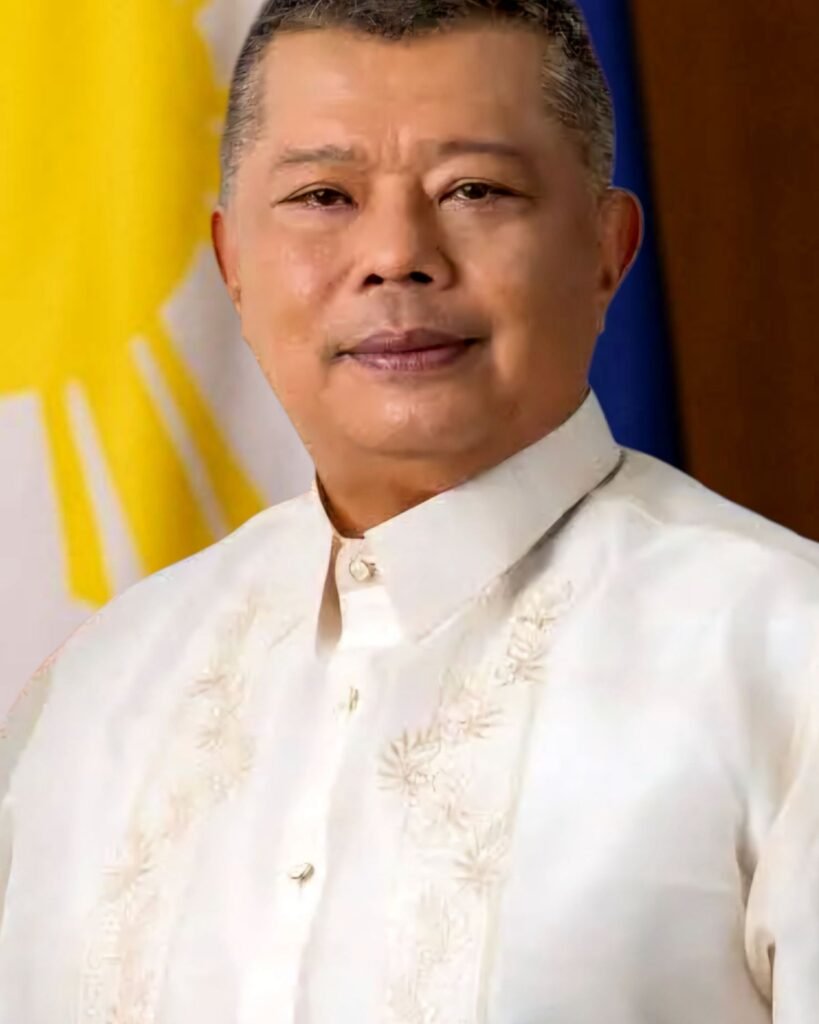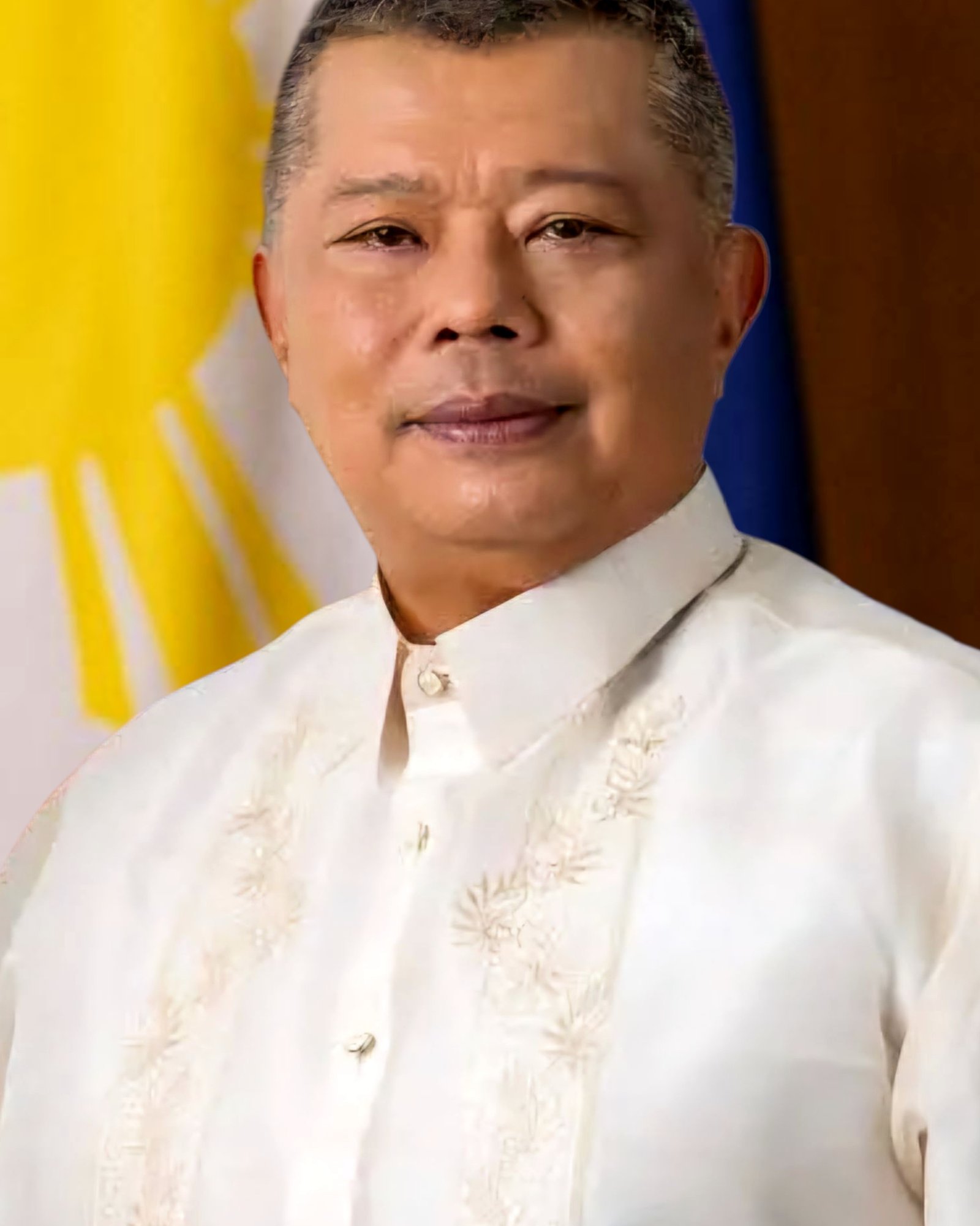
Marcos Appoints Justice Chief Boying Remulla as New Ombudsman, Stirring Debate Over Independence of Graft Watchdog
MANILA — President Ferdinand Marcos Jr. has appointed his longtime Justice Secretary, Jesus Crispin “Boying” Remulla, as the new Ombudsman of the Philippines — a move hailed by administration allies as a reinforcement of the government’s anti-corruption agenda but viewed by critics as a consolidation of political control over the country’s primary graft watchdog.
The appointment, made official in Malacañang on October 7, follows the retirement of Ombudsman Samuel Martires in July after a seven-year term. Remulla, a lawyer, veteran politician, and trusted figure within the Marcos inner circle, will serve a nonrenewable seven-year term as the constitutional anti-graft investigator.
Remulla’s rise to the Ombudsman’s office underscores the deep political alignments within the current administration. A key figure in the Marcos cabinet since 2022, he now moves into a post that is constitutionally mandated to investigate and prosecute corruption cases involving public officials, including those within the highest echelons of power.
A Political Survivor and Fraternity Ally
Remulla, 63, hails from a powerful Cavite political dynasty. He served multiple terms in Congress and once as governor of Cavite before joining Marcos’s cabinet as Justice Secretary. A member of the Sigma Rho fraternity — the same fraternity as House Speaker Martin Romualdez, the president’s cousin — Remulla has long been regarded as part of the administration’s political core.
During his tenure at the Department of Justice, he oversaw sensitive matters including the government’s cautious stance on the International Criminal Court’s probe into former President Rodrigo Duterte’s anti-drug campaign. As Ombudsman, he inherits a mandate to hold public officials accountable, including those he previously worked alongside in the executive branch.
Shield or Sword
The appointment carries far-reaching political implications. Analysts view it as both a consolidation of executive influence and a potential recalibration of power dynamics between the Marcos and Duterte camps. The Ombudsman’s office currently holds several pending cases involving former President Duterte and his associates, including allegations of misuse of confidential and intelligence funds.
How these cases will be handled under Remulla’s leadership is seen as an early test of whether the Ombudsman will act as a genuine instrument of accountability or as a mechanism of selective justice. The move is also interpreted as a preemptive measure to protect the administration’s allies from investigation while projecting an image of reform.
Remulla’s close political alignment with the Marcos-Romualdez bloc suggests that his leadership could influence the direction of future anti-graft cases, including those involving local infrastructure projects, congressional insertions, and flood control programs that have drawn scrutiny in recent months.
From Prosecutor to Protector
The appointment has raised questions about institutional independence. Remulla’s direct transition from Justice Secretary to Ombudsman blurs the traditional line between the executive branch and the independent constitutional body tasked with investigating it.
His familiarity with the inner workings of government agencies could streamline investigations and reduce bureaucratic delays, but it also heightens concerns that the Ombudsman’s office may become more cautious in pursuing cases involving current administration officials.
Observers note that this appointment fits a familiar pattern in Philippine politics, where key oversight institutions are often led by figures with close political or personal ties to those in power. This revolving-door dynamic has historically undermined the credibility of institutions meant to check executive authority.
A Defining Moment for Accountability
Remulla assumes office at a time of increasing political polarization between the Marcos and Duterte factions. The appointment positions him at the intersection of power and accountability — with the authority to investigate both allies and rivals of the sitting administration.
The success or failure of his tenure will likely hinge on whether the Ombudsman under his leadership demonstrates impartiality in handling high-profile corruption and abuse-of-power cases. Early actions, particularly on politically sensitive complaints, will determine whether the institution regains public confidence or further erodes it.
Remulla’s first year is expected to define not only his personal legacy but also the credibility of one of the nation’s most critical democratic institutions. In a political landscape marked by shifting alliances and enduring impunity, the question remains whether the new Ombudsman will serve as a guardian of justice — or as another gatekeeper of power.



